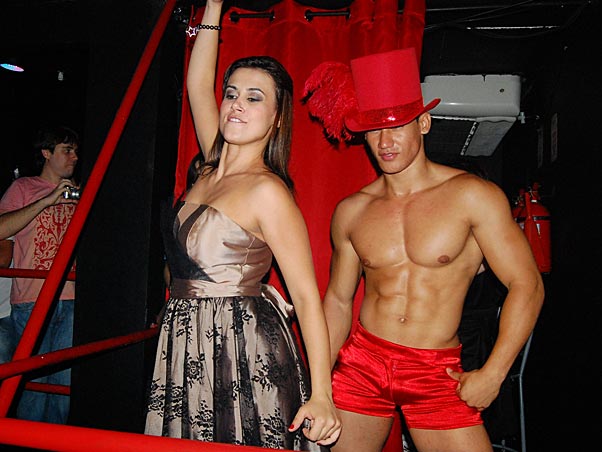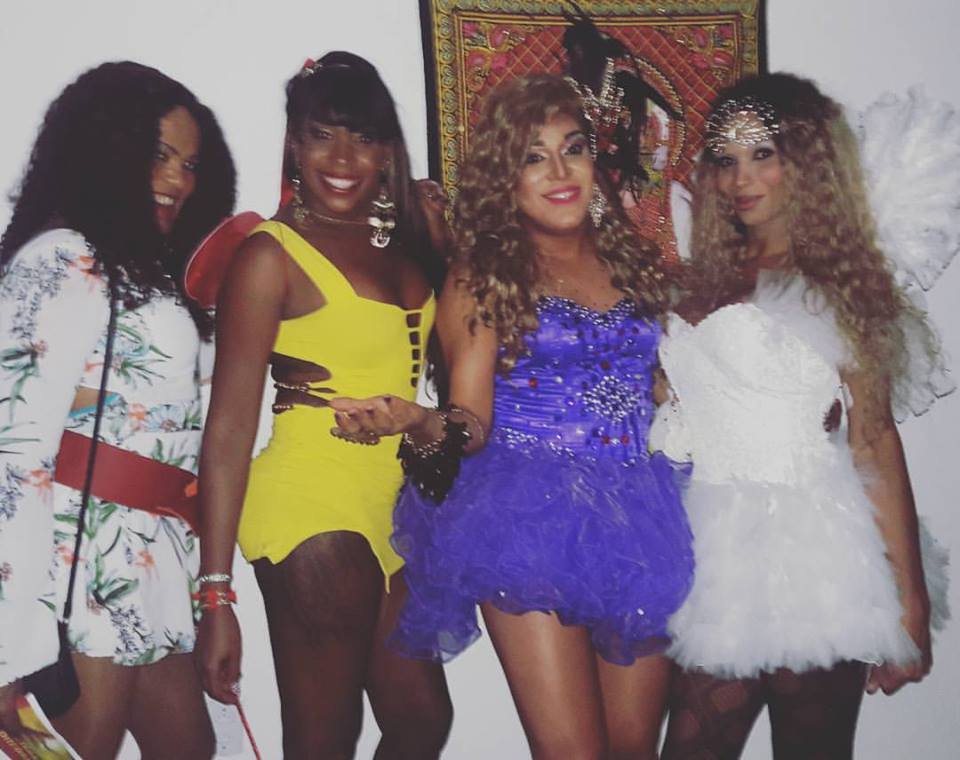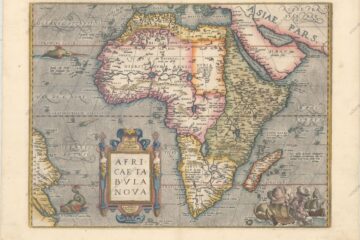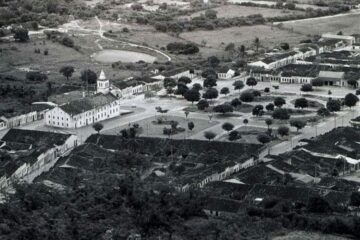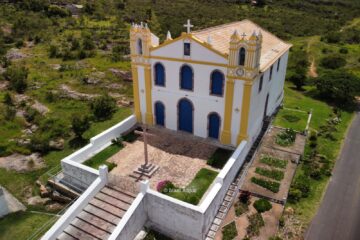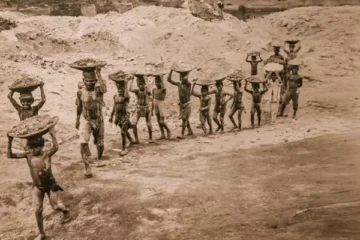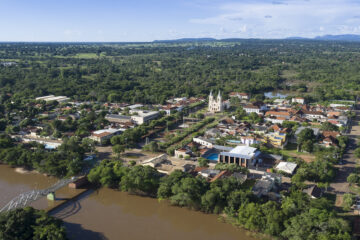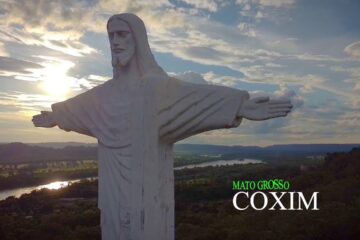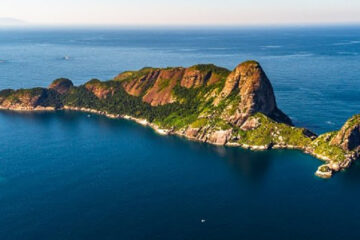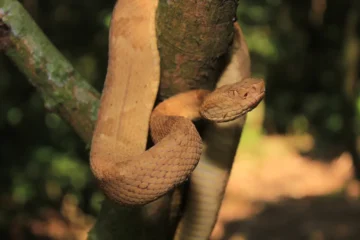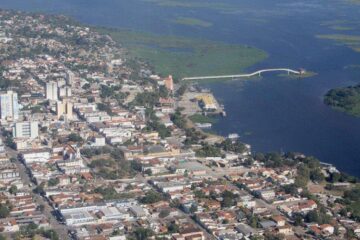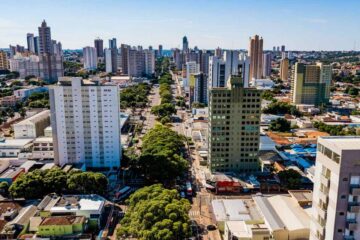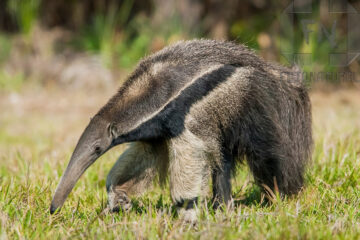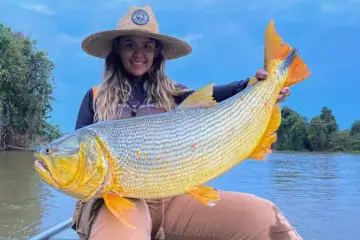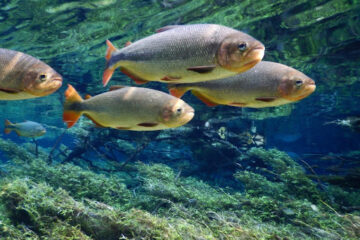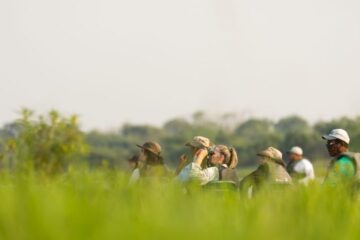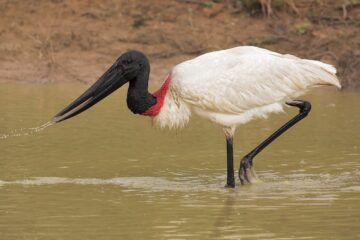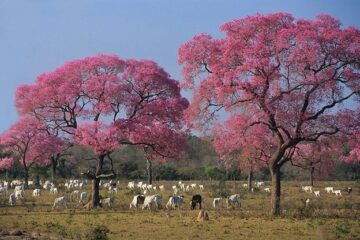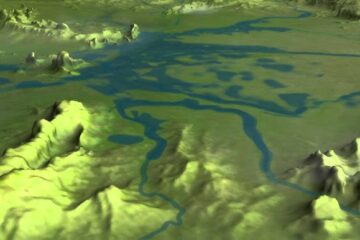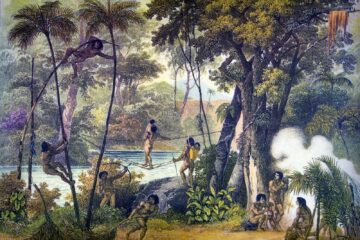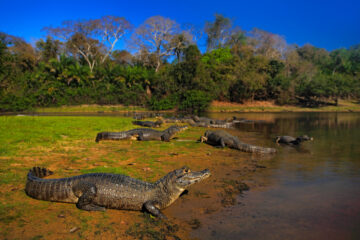Este post também está disponível em:
Português
English
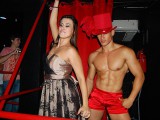
Full of charm and overflowing with joy, Salvador has a particular charm for gay and lesbian tourists: the harmonious coexistence between the differences of visiting Salvador: sex is such a commonplace subject for Salvadorans that it’s quite natural to be confused about the sexuality of some and it’s almost impossible not to end up falling in love, however lightly, with the Bahian ginga. Or with a resident of the city…
It is for these reasons and others that Bahians insist – and succeed – in proving to other Brazilians (and also to the rest of the world) that coexistence between different sexes, races and creeds is healthier and more enjoyable. Miscegenation and plurality are the essence of the famous “baianidade”.
And the best place to understand how Salvador’s sensual and mestizo syncretism comes about is where it all began: the central area, which has always been divided between the Lower City, at sea level, and the Upper City, perched on top of the hills that surround the waterfront.
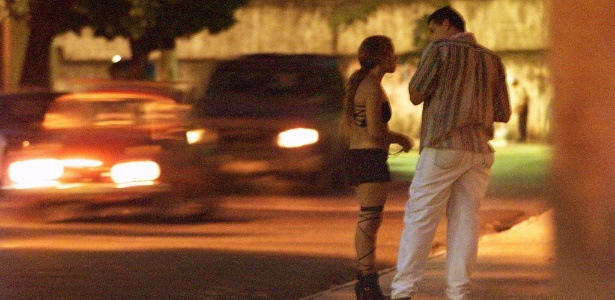
Plan your expedition for a weekday (when people are busier) and try not to show off any valuables (there is always a certain risk, both during the day and at night, of some inconvenience and prevention is always the best alternative).
Preferably start your tour at the Mercado Modelo.
The shopping center brings together many of the smells and colors that mark Bahian culture.
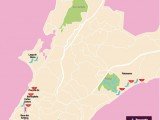
The ingredients for typical dishes such as vatapá, caruru and acarajé are also there. The dumpling, by the way, is prepared by typical Bahian women on street corners all over the city.
Behind the Mercado Modelo is the Lacerda Elevator, which connects the lower part of downtown Salvador to the Upper Town.
The elevator offers a breathtaking panoramic view of the Bay of All Saints and the city’s dramatic skyline.
When you reach the top, head straight up Rua Chile to Praça da Sé.
And smile: you’ve reached the trendy Pelourinho, a group of churches and houses from the 16th, 17th and 18th centuries that make up the city’s most charming circuit of stores, inns and restaurants. Walk through the alleys, visit the main churches and browse the craft shops.
Just don’t be fooled by unusual offers, often of a sexual nature, from street vendors selling the infamous Senhor do Bonfim ribbon and other souvenirs.
Believe me, strange and suspicious offers can be as common in Salvador as axé music, candomblé or capoeira.
It only takes one visit to Salvador to understand why Bahia’s culture has such an influence on the rest of Brazil.
The city ceased to be the country’s capital in 1763, but the liberal behavior of the Bahian people continues to engage outsiders, who take home many of the lessons learned.
In addition to seducing travelers, the city knows how to blend unique history and culture with dozens of kilometers of democratic beaches.
Gay and lesbian travelers have an additional component in the unique experience of visiting Salvador: sex is such a commonplace subject for Salvadorans that it is quite natural to be confused about the sexuality of some and almost impossible not to end up falling in love, even if only slightly, with the Bahian ginga. Or with a resident of the city…
It is for these reasons and others that Bahians insist – and succeed – in proving to other Brazilians (and also to the rest of the world) that coexistence between different sexes, races and creeds is healthier and more enjoyable. Miscegenation and plurality are the essence of the famous “baianidade”.
And the best place to understand how Salvador’s sensual and mestizo syncretism comes about is where it all began: the central area, which has always been divided between the Lower City, at sea level, and the Upper City, perched on top of the hills that surround the waterfront.
Plan your expedition for a weekday (when people are busier) and try not to show off any valuables (there is always a certain risk, both during the day and at night, of some inconvenience). Prevention is always the best option).
Preferably start your tour at the Mercado Modelo.
The shopping center brings together many of the smells and colors that mark Bahian culture. Coriander and cumin are ubiquitous, but the plethora of flours, such as manioc, is impressive.
There are also ingredients for typical dishes such as vatapá, caruru and acarajé. The dumpling, by the way, is prepared by typical Bahian women on street corners all over the city.
Behind the Mercado Modelo is the Lacerda Elevator, which connects the lower part of downtown Salvador to the Upper Town.
The elevator offers a breathtaking panoramic view of the Bay of All Saints and the city’s dramatic skyline. When you reach the top, head straight up Rua Chile to Praça da Sé.
And smile: you’ve reached the trendy Pelourinho, a group of churches and houses from the 16th, 17th and 18th centuries that make up the city’s most charming circuit of stores, inns and restaurants. Walk through the alleys, visit the main churches and browse the craft shops.
Just don’t be fooled by unusual offers, often of a sexual nature, from street vendors selling the infamous Senhor do Bonfim ribbon and other souvenirs. Believe me: strange and suspicious offers can be as common in Salvador as axé music, candomblé or capoeira.
1. Points of prostitution in Salvador
Where prostitution is still a marked feature.
1. Patamares waterfront
The Orla de Patamares is one of these places, especially the stretch near the entrance to Avenida Pinto de Aguiar, on a wall next to the neighborhood’s soccer field and an area in front of an old beauty salon, which once functioned as a bar.
2. Comércio, Ladeira da Montanha and its parallel, Ladeira da Conceição
These are historic places of prostitution, favored by their proximity to the city’s port area. Both have fallen into a process of degradation associated with the physical wear and tear of their mansions (most of which are abandoned) and drug trafficking, especially the frequency of crack users.
3. Praça da Sé and Barroquinha
Other prostitution hotspots are Praça da Sé, Barroquinha and, in a more dissipated way, other stretches of the waterfront.
In these cases, the characters are mainly lower-class women.
Research by the Força Feminina Project, a social institution in Salvador whose mission is to promote the integral promotion of women in situations of prostitution, shows that 40.6% of the women are black, 55.2% support the household and more than 60% of them entered prostitution under the age of 20.
Joana Santos* is 42 years old and until last year used to run shows on Ladeira da Montanha.
Nowadays, she no longer works in prostitution and does some “odd jobs” as a manicurist. Joana worked for 23 years in a house of prostitution and revealed that, some time ago, the place was more organized and selective.
Women who were involved in drugs were not accepted and they had to present a health card. “We had to wear high heels, always look tidy and stay inside the establishments.
The men who went there had better purchasing power,” she adds.
In street prostitution, the fight for the spot is frequent.
The girls or transvestites already have their specific points of work: these are places where a certain group of girls meet. Sometimes, only one person is considered the “owner” of the point or corner.
It works like a shop window for passers-by: in this case, the body is the product.
Another person is not allowed to take the place of someone who already has their spot, this is a rule among the prostitutes themselves. When this happens, fights can escalate to major proportions.
4. Pituba
The main prostitution spots are in Pituba.
Along Manuel Dias, in the transversal and parallel streets, such as Minas Gerais, Amazonas and Maranhão; near the motels in Itapuã; in Patamares, especially on Avenida Pinto de Aguiar; in Cidade Baixa, in Largo de Roma; and in Centro, along Avenida Carlos Gomes. “Most are on the street because they have no alternative work.
The few options are being a hairdresser, beautician or studying nursing,” Millena argues.
2. Prostitution in Salvador
1. Male prostitution
Salvador’s hustlers usually serve people of all sexes, especially other men and mainly homosexuals.
To a lesser extent, when compared to women, they can also be found on the streets. “During the day, in Porto da Barra. At night, you have to go to Beco dos artistas or Avenida Carlos Gomes to find a hustler,” said professor Maurício Tavares, who is an article writer for Trabalho Com Sexo.
However, the strong suit of male prostitution has been gay saunas and, of course, the virtual space.
2. Transvestites – The new owners of the streets
Another group that has stood out in recent years for being on the streets in a situation of prostitution are transvestites.
According to Albergaria, with the revolution of the 1970s, there was a reversal of roles and, as a consequence, transvestites became more accepted when it came to the sex market.
“There had been transvestites since the 19th century, but there was a ‘turning point’, with icons like Roberta Close and Leo Kret,” explains the anthropologist, about the popularization of transvestites in the city. Around 90% of transvestites in Salvador prostitute themselves.
According to Millena Passos, President of the Salvador Transvestite Association, around 150 transvestites in the city sell their bodies on the streets. These have well-known and specific spots.
3. Nagô gay Bahianity
If on the side of the Bay of All Saints the city oozes history and culture, on the side of the ocean it spreads out over dozens of kilometers of beaches that please everyone who lives in or is passing through the city.
The literal watershed of Salvador is the Barra neighborhood, with the lighthouse that marks the end of the central area of the city and the bay.
This is where the friendly Porto da Barra beach is located, which is popular with gays, lesbians, bi, trans, modern and hippies on Saturday afternoons and all summer days.
The cool vibe has been going on since the 1960s, when Gil and Caetano, Gal and Bethânia used to hang out there.
But the dozens of kilometers of open sea beaches in the Bahian capital hold many other surprises, both in their warm, clean waters and in their beaten sand, ideal for sports, leisure and flirting.
Barraca do Gaúcho Tchê Biruta is one of the most modern spots on the waterfront and is located on the other side of the city, at the northern end of the waterfront, precisely on Stella Maris beach. Its high concentration of beautiful people justifies a visit, despite the distance.
Praia dos Artistas, on the other hand, is the openly gay melting pot of the Salvadoran coast.
A few meters in front of Esporte Clube Bahia, there is a parking lot from where you can see the rainbow flags fluttering between the avenue and the beach. Saturday and Sunday are the busiest days at the GLS kiosks on the beach.
However, they are also busy during the week, especially between New Year’s Eve and Carnival.
The pioneering barraca in the area is Aruba, the center of the beach basfond with drag shows and lots of “hunting” after sunset.
The República hut brings together people who keep their composure during the day, but boil over to the sound of electronic music from late afternoon onwards.
And the Bahamas hut is the place for those looking for a little more peace and quiet and a menu with a variety of options. Food and drink, by the way, are not lacking all over Salvador.
In addition to cold beer and toasted rennet cheese – a delicacy that has crossed borders and conquered the Center-South – there are typical Northeastern dishes such as caldinhos, escondidinhos and the many species of crustaceans from the region’s coastline.
So don’t worry about taking food or umbrellas to the beach – in the northeast, it’s the kiosks that guarantee comfort, whose staff offer tables and chairs to customers, as well as shelter from the harsh sun.
4. Cena Doce Bárbara
One of the hottest nightspots is Beco da Off, named after Rua Dias D’Ávila because Off Club, a nightclub that has dominated the electronic scene in São Paulo for the last five years, is located there.
The one-block street is home to bars and creperies that open from 8pm as a chill out area for the club, whose doors open at 11.30pm on Fridays and Saturdays.
Men and women sit at tables on the sidewalk and enjoy the view of the sea, since the alley begins on the ocean stretch of Barra beach.
The sea wind is constant and helps to cool off the heat of the crowds, especially during Carnival, when there is 24-hour traffic.
Among the options in Salvador, for those who prefer to start the evening in a more comfortable bar, a good tip is Marquês (Rua Marquês de Caravelas, 148), also in Barra.
This is where the more modern and tidy, but no less relaxed, crowd gathers before the party.
Other streets with a tradition of gay nightlife in Salvador are Beco dos Artistas and Carlos Gomes, both near Praça Dois de Julho, in Campo Grande.
But beware, with a large part of the clientele made up of a young GLS crowd, the movement in the bars on both streets tends to start early and end early too, before midnight.
Beco dos Artistas, in particular, is part of Salvador’s nightlife history. Its bars were the meeting point for counter-culture people, sweet barbarians or new Bahians, who hung out at the Castro Alves Theater (next door) in the 60s and 70s.
The libertarian spirit may no longer be there, but the charm of its bars still warrants a visit.
And on Carlos Gomes, the party continues well into the night at the Caverna club, at number 616. Decorated with carpets and mirrors, the place is a classic when it comes to transformers.
Another Soteropolitan tradition is Tropical News, at the symbolic number 24 Rua Nilton Prado, 24 (Gamboa de Cima), a nightclub that has been running for over 30 years and dedicates its programming to eclectic music and drag and transvestite performances.
3. Nightclubs and Bars
1. Gay and lesbian clubs (GLS)
Gloss Club Lounge Bar
Rua Afonso Celso, 60 – Salvador-BA
Barra – (71) 0264-2621
OFF Club
Rua Dias D’Avila, 33 – Salvador-BA
Barra – (71) 3267-6215
Opened in 1999, in the heart of Barra, the Off Club nightclub brings a diverse and modern concept to Salvador’s GLS scene. The club is a reference in the city, with themed parties and renowned guests from the national electronic scene.
With a program based on electronic music, such as electro, house and tribal, the club has two areas for the nightlife, the lounge and the dance floor, where the gay public can enjoy performances by go-go boys.
The club also has two bars, two unisex toilets, special lighting and a bold, sophisticated design.
Good DJs perform in a space that has three dance floors, a lobby and a mezzanine. Drag shows and Gogodancers. The last Sunday of the month is dedicated to girls.
On the menu, prepared by chef Murilo Brocchini, the highlights are the chicken in barbecue sauce and the breaded shrimp with tapioca. To accompany it, the house offers national and imported beers and various drinks, such as caipirinhas and mojito.
Queens Clube
Rua Teodoro Sampaio, 160 – Salvador-BA
Barris – (71) 3328-6220
Nightclub, bar, sex shopping, dark room, dance floor, gogoboys, toilets, individual cabins with erotic videos, rooms with glory holese and television.
Scandalo Club
Rua Afonso Celso, 60 – Salvador-BA
Barra – (71) 3264-7866
A lively club with drag shows and DJ Chiquinho.
Nightclub with a dance floor with different lighting and a lounge with sofas on the upper floor.
Tropical Club
Rua Nilton Prado, 24 – Salvador-BA
Gamboa de Cima – (71) 3336-4949
Tropical occupies the former YES space and brings together a GLS crowd of over 30. There are drag shows and transformers.
2. Gay and lesbian bars (GLS)
Âncora do Marujo
Rua Senador Costa Pinto, 80 – Salvador-BA
Carlos Gomes
This is one of Salvador’s most popular and busiest GLS bars. On weekends it has shows by transformers.
Atlântico Café
Rua Leovigildo Filgueiras S/N – Salvador-BA
Beco dos Artistas – Garcia – (71) 3331-8255
Open daily from 7pm. Live music is the bar’s forte.
Bahia Café
Mirante dos Aflitos – Salvador-BA
Garcia – (71) 3328-1332
Select clientele. Live music and dance floor with DJ.
Baladas Club
Rua das Algarobas, 150/1101 – Salvador-BA
Pituba – (71) 9981-9491
Open from Tuesday to Sunday, from 5pm.
Banana Brasil
Rua Leovigildo Filgueira, s/n – Salvador-BA
Beco dos Artistas – Garcia
An artists’ hangout, good for flirting.
Bar Marquês
Rua Marquês de Caravelas, 148 – Salvador-BA
Barra – (71) 3264-271
An elegant, relaxed and modern bar with good electronic music, quality service and drinks.
Barraco do Tom
Av. Sete de Setembro, 517 – Salvador-BA
Porto da Barra – (71) 3264-1014
Café Del Mar
Rua Miguel Burnier, 25 – Salvador-BA
Barra
No more details about the place…
Café Odeon
Rua João de Deus, 01 – 1st floor – Salvador-BA
Pelourinho – (71) 0321-5725
No more details about the venue…
Camarim
Av. Cerqueira Lima, 10 – Salvador-BA
Beco dos Artistas – Garcia – (71) 3328-6358
The bar has “Hollywood” decor, the walls are very colorful, display posters of famous films and photos of famous artists such as Greta Garbo and James Dean.
Casa 8 Bar and Gallery
Rua Fonte do Boi, 8 – Salvador-BA
Rio Vermelho
No more details about the venue…
Espaço Quixabeira
Travessa dos Barris, 30 – Salvador-BA
Barris – (71) 0328-3286
No more details about the venue…
Farol Tropical
Rua Dias D’Ávila, 23 – Salvador-BA
Barra
Chill-in for Off Club.
Miscelânea Chic
Rua Ilhéus, 241 A – Salvador-BA
Rio Vermelho – (71) 0334-5571
No more details about the place…
Personas Bar
Beco dos Artistas, 15 – Salvador-BA
Garcia
No more details about the venue…
Tchê Mate Bistro Bar
Rua Miguel Burnier, 25 – Salvador-BA
Rio Vermelho – (71) 3235-1597
No more details about the place…
Touché Creperia
Rua Belo Horizonte, 114 – Salvador-BA
Jardim Brasil – (71) 3331-4466
Traditional creperie in Salvador, with great decor and pleasant ambient sound.
It is open from 17:00 until 01:00 and serves delicious crepes for R$15.00.
Mama Bahia
Rua das Portas do Carmo, 21 – Salvador-BA
Pelourinho – (Historic Center) – (71) 3322-4397
Housed in one of Pelourinho’s restored mansions, this mix of bar, restaurant and nightclub highlights simple snacks and dishes, but is known for the excitement on the predominantly GLS dance floor.
Bahia.ws is the largest travel and tourism guide for Bahia and Salvador
